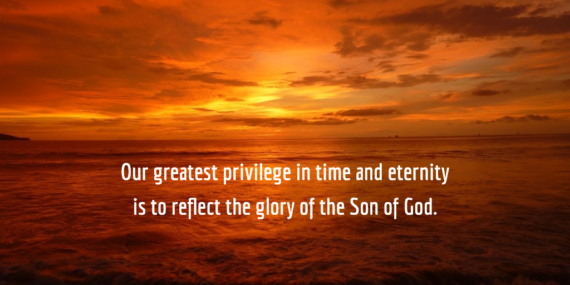The burial of Jesus Christ is often passed over as an incidental detail, a mere pause between His death and resurrection. But it is extremely important. Here are some ways to reflect on it.
 Jesus’ body was buried, confirming loss and spreading sadness.
Obviously Jesus did not conduct His own burial. Passively, His lifeless body was released by Pilate, taken and wrapped by Joseph and Nicodemus, laid in the new tomb, and sealed behind a large stone (Matt. 27: 57-60; John 19:39).
His death dealt the blow of extreme sadness to His followers. Jesus’ disciples experienced the crushing disappointment of their master’s crucifixion. The women who were a part of Jesus’ ministry attended to His corpse by preparing spices to lay in the tomb (Luke 23:56). For them it was a time of grieving the loss of a friend and teacher who had instilled so much hope in their hearts.
Saturday, the Sabbath, was an unwanted rest. The disciples must have sat and stared at the ground. The women tried to stay busy gathering embalming spices. The Pharisees made sure no one tampered with the corpse, so they posted a guard by the entrance to the tomb (Matt. 27:66).
Though Jesus had told His disciples that He would rise again, that expectation seems to have been lost in the trauma of recent events (John 20:9).
Today the disciple abides in Jesus through seasons of waiting, grieving, and hoping.
Like the burial of Christ, the burial-like experiences of the disciple would be easy to discount as a relatively insignificant result of crucifixion. But experience shows this is far from the case. The season following our surrender and sacrifice proves to be a time in which God puts a great deal of attention.
CONFIRMATION OF DEATH. Burial times cause the disciple to confirm the death of that which has been surrendered. Spiritual gains can be forfeited if not reinforced over time. The commitment to put to death a sinful behavior must be followed through by continuing to keep that behavior in the tomb of renunciation.
GRIEF.  Another characteristic of such seasons is grieving the loss of what has died. There is much sadness in the world, and it is the lot of the disciple to experience such loss and feel its pain. One calling of discipleship is lament – to mourn what has broken down and to yearn for what could be.
 I would love to unpack more about these truths for you. Please sign up for my email list, and I will send you the first of 5 lessons to you. THANKS!
I would love to unpack more about these truths for you. Please sign up for my email list, and I will send you the first of 5 lessons to you. THANKS!
